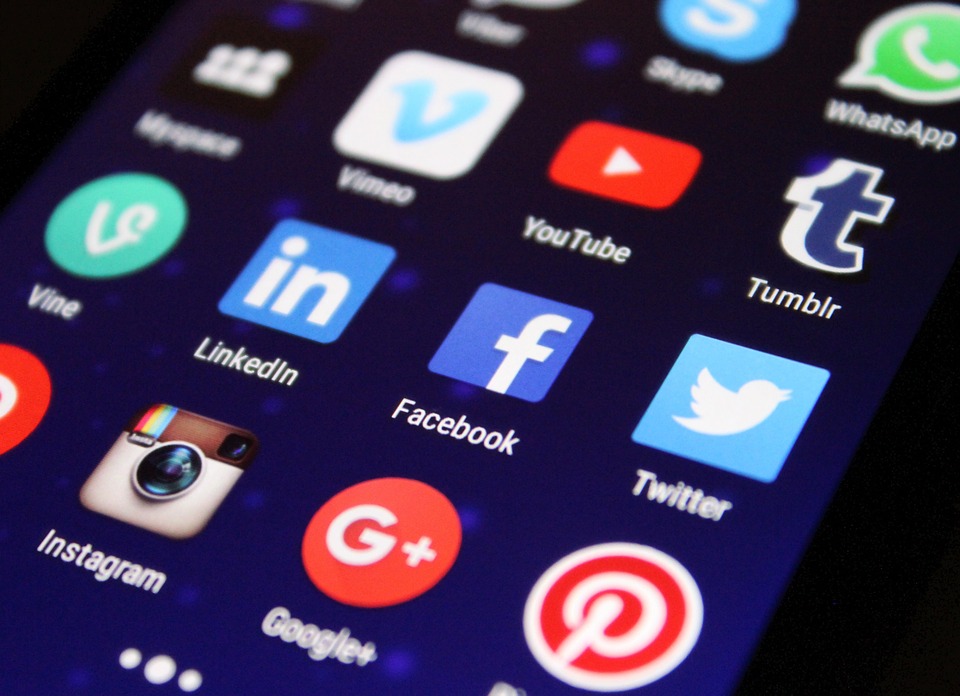WHY YOU SHOULD NEVER NEGOTIATE WITH A STRANGER ?
- WorldLine Technology

- Aug 19, 2019
- 3 min read
Updated: Aug 28, 2019
Credit by: Horacio Falcão, INSEAD Senior Affiliate Professor of Decision Sciences, and Alena Komaromi, Financial Services Professional (INSEAD MBA ’12D)
The mere presence of a Facebook connection increases trust and forgiveness in negotiations.
Although social networks can mine people’s data and invade personal privacy, the debate about potentially nefarious aspects of online platforms has not deterred most people from joining them. As it turns out, for all the mistrust surrounding social networks, they can increase their users’ mutual trust levels and forgiveness, according to new research.
Social ties encourage “best behaviour” in negotiations
Social ties encourage “best behaviour” in negotiations. If there is a high likelihood you will encounter someone another time in the future, you will naturally be less inclined to deceive them. But since no human is perfect, “bad behaviour” may still happen, even if by mistake. Are people more forgiving when the culprit is a network friend? Ravi Bapna (University of Minnesota), Liangfei Qiu (University of Florida) and Sarah Rice (Texas A&M University) examined this question in their paper “Repeated Interactions vs. Social Ties: Quantifying the Economic Value of Trust, Forgiveness, and Reputation Using a Field Experiment”.
Earlier studies on the link between trust and social ties relied on questionnaires or self-reporting, methods prone to bias as answers may merely reflect what is socially desirable. Instead, the researchers conducted a natural experiment. They asked 200 Facebook users working or studying at a large US university to play an investment game involving real money.
Trusting our social network
How does this help a negotiator?
A novel finding of the study was that the mere presence of a Facebook social tie was sufficient to increase trust among participants and to influence their behaviour. Furthermore, the closer the social tie, the more participants were willing to look past any momentary lapse of cooperation. Researchers found that participants who had shared their partners’ Facebook posts or who were tagged in the same photos (thus indicating closer ties) were more forgiving than participants who merely had friends in common.
In 1973, a histudy ghly cited by Mark Granovetter (Johns Hopkins University) revealed the "strength of weak ties", suggesting that loose connections are more important than close ties for information diffusion (e.g. job hunting). While your close friends may be more willing to help, they also tend to possess the same information as you. They may thus be less useful than the people at the periphery of your network. Taken together, this study and the new one discussed above highlight the importance of having both strong and weak social ties. Strong ties enhance collaboration in repeat games (or negotiations), while weak ties boost information-gathering success.
Trust as defined in the gaming study is very similar to the concept of mutualism in value negotiation. Mutualism is based on the recognition by both parties that working together will help them achieve their own separate goals better than competing or going it alone. Trust can arise later as the parties interact and learn more about each other’s behavioural patterns, values and intentions.
In addition, the gaming study showed that when players with social ties showed forgiveness in the face of a “cheat move”, they deterred their counterpart from repeating it. As noted above, social ties inspire parties to give each other the benefit of the doubt in case of mistakes. Conversely, the absence of a social connection increases the risk that an accidental lack of cooperation be mistaken for an intentional cheat and ruin the negotiation. Social ties motivate people to protect their reputation as a trustworthy partner, which pays off in the long term.
Commercial applications
Companies negotiating sales of their products should note the importance of social ties in smoothing over transactions. For example, when Huawei Technologies released its new smartphone in 2014, it chose to use the popular social platform WeChat as its main channel for sales and customer communications. Other firms routinely advertise their products and services on Facebook and LinkedIn – or run contests to boost their “likes” and “followers” – as the resulting social proof may sway potential customers.
Subscribe WorldLine Technology to be up-to-date the most innovative marketing technologies in the world.
Hotline: 0968 68 3191
Youtube: WorldLine Technology










Comments